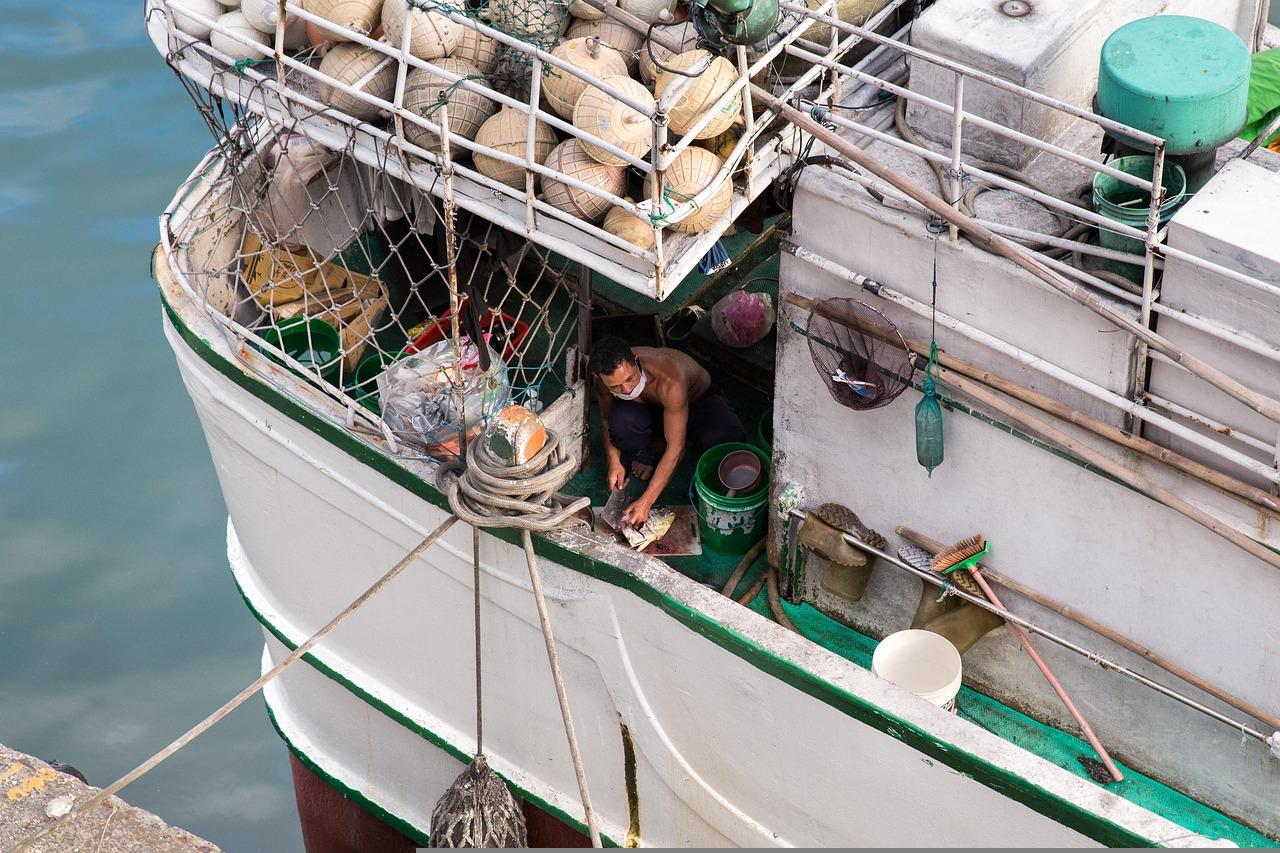
In 2023, an Indonesian crew member was found dead in a ship’s storeroom. He had been at sea for six months, working on a longline tuna boat in the Indian Ocean for a monthly wage of $480. In the days leading up to his death, witnesses observed him arguing with the captain, insisting that he be sent home. The crew member had been increasingly depressed and had repeatedly requested to leave the ship, but the captain had denied his requests.
Following the altercation with the captain, he was confined to the storeroom for several days, receiving meals delivered by the boat’s cook. On the third day, the cook discovered him dead. A fellow crew member noted, “The strange thing was a rope around his neck, which wasn’t attached to anything.” The crew member’s body was stored in the boat’s freezer for an additional six months, with the crew forced to work around it daily. They were instructed to remain silent during an inspection by authorities when the ship docked at a Pacific Island. None of the crew were permitted to speak with anyone on shore, as the ship lacked Wi-Fi and they were not allowed to use the single satellite phone available.
The incident was ultimately reported as a fatal workplace accident, and his family received a compensation of 200,000 rupiah (£9.60). This crew member was one of tens of thousands of Indonesian fishers who leave home for extended periods to work on foreign vessels. Many endure abuse, particularly on ships owned by companies from China or Taiwan, which are identified as the worst offenders in a report published in 2023.
Deaths on these vessels are not uncommon, with estimates from the Pew Charitable Trusts indicating over 100,000 fishing-related deaths each year, many of which are avoidable and remain unrecorded. Once recruited, migrant fishers may wait weeks or months before being assigned to a vessel, during which time their passports and essential documents are withheld by recruiters. They are often housed in accommodations and later told they owe hundreds or thousands of dollars for the costs of housing and recruitment. Salaries typically do not exceed $500 (£390) a month.The issue gained attention in March when a group of Indonesian fishers filed a lawsuit in the United States against Bumble Bee Foods, an American seafood company owned by the Taiwanese tuna supply giant Fong Chun Formosa (FCF). The lawsuit alleges that Bumble Bee Foods knew or should have known that it was selling products produced through the exploitation and abuse of workers.
According to the lawsuit, the plaintiffs, who come from rural Indonesian villages, worked on boats that were part of Bumble Bee Foods’ “trusted network” of suppliers. However, once onboard, they faced severe mistreatment, including physical abuse, violence, inadequate food, and denial of medical care—even when seriously injured. One man reported being repeatedly assaulted with a metal hook by his captain, while another described being forced to continue working with a badly injured leg, stating, “I was ordered to keep working … I could see the bone in my leg. I was left to clean and bandage my leg myself, without sterile medical supplies, and I kept bleeding for two weeks.”
The lawsuit claims that Bumble Bee Foods was aware of or should have been aware of the horrific conditions on the vessels but profited from the forced labor practices and human trafficking of the fishers.
Though here at SFHWU we have little faith in the courts, this case does set a precedent for the fishers involved and the US court system by linking abuses on fishing vessels to a US company, as it is believed to be the first lawsuit of its kind against the seafood industry in the United States.